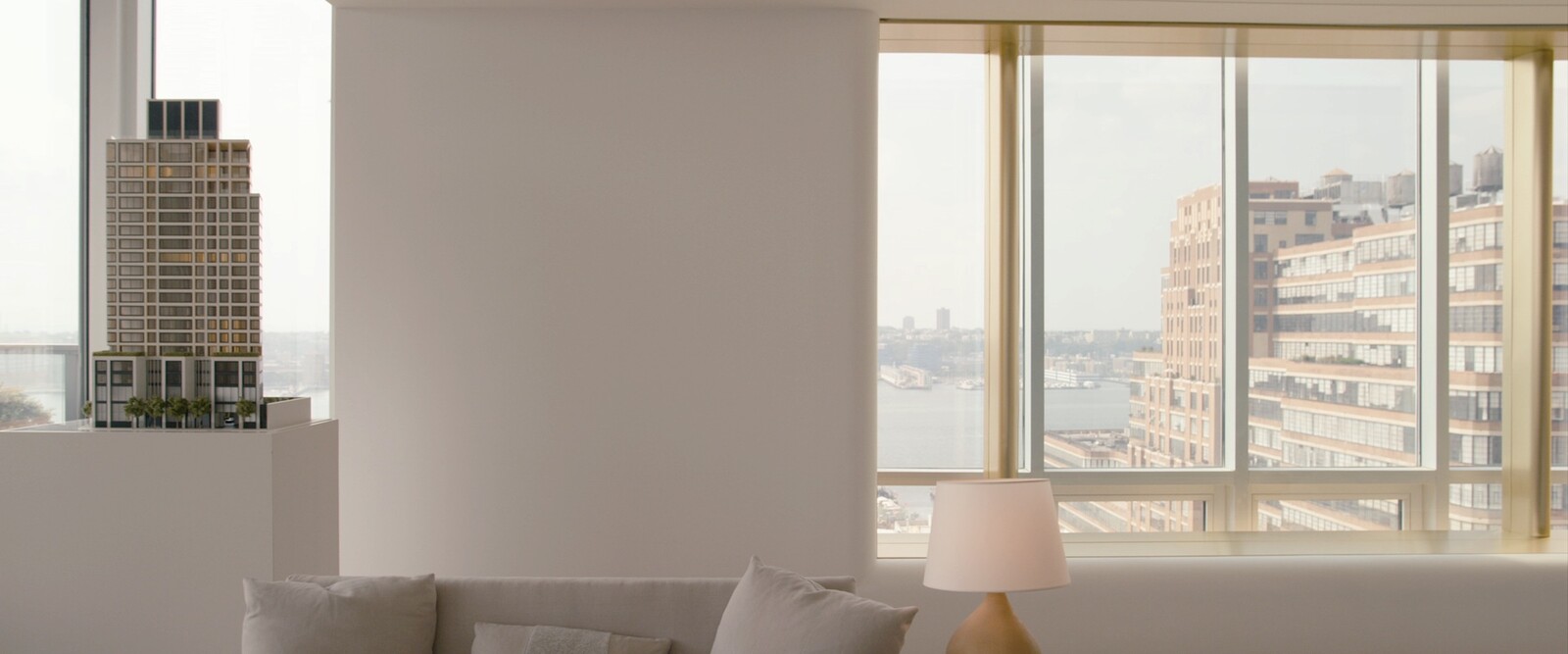Categories
Subjects
Authors
Artists
Venues
Locations
Calendar
Filter
Done
October 28, 2022 – Feature
“Ultra-clearness”
Andrés Jaque / The Editors

Andrés Jaque is an architect, writer, and curator whose work considers how architecture shapes our societies. In 2003 he founded the Office for Political Innovation, an architectural firm operating at the crossroads of research, design, and ecological studies to foster debate around the wider ramifications of human intervention into the landscape.
These projects frequently address the literal and figurative “transparency” of buildings. When commissioned in 2002 to design a hoarding that would hide the construction of the Cidade da Cultura de Galicia from view, for instance, Jaque proposed “twelve actions to make Peter Eisenman transparent.” Arguing that the site was “already concealed because it could hardly be understood by anyone not directly involved in its management,” he instead invited the public in to discuss its economic, environmental, and political impacts.
Jaque’s 2012 intervention into Mies van der Rohe and Lilly Reich’s Barcelona Pavilion foregrounded the contributions of water lilies and cats to a modernist masterpiece; commissioned by the 2021 Performa Biennale, Being Silica reproduced a fracking site in a Manhattan skyscraper. Now director of the Advanced Architectural Design Program at Columbia University, Jaque was co-curator of Manifesta 12 and chief curator of the 13th Shanghai Biennale. This interview is part of the …
October 12, 2022 – Feature
“The little bird must be caught”
iLiana Fokianaki

In the wake of the 2008 financial crisis, the Latvian Centre for Contemporary Art elected to establish an annual festival addressed to a changing world and proposing “survival strategies.” Now in its thirteenth year, Survival Kit takes place under the shadow of Russia’s full-scale invasion of Ukraine and its implications for a country in which around one quarter of the population are Russian speakers.
An exhibition curated by iLiana Fokianaki and taking inspiration from the “Singing Revolution” that preceded the Baltic States’ independence from the USSR has clear resonances with the present situation in Eastern Europe, but also reverberates more widely. Poetry, music, and song are figured by artists from Andrius Arutiunian to Wu Tsang as powerful expressions of resistance to imperialism, not only as the vehicles by which marginalized traditions are transported into the future but also as defiant expressions of feelings that cannot be suppressed. After seeing the exhibition in Riga last month, we talked to Fokianaki about a world in flux and the role of art within it.
art-agenda: A year ago you proposed a show which would consider the impact of rising authoritarianism on issues of national identity and free speech through the lens of Latvia’s …